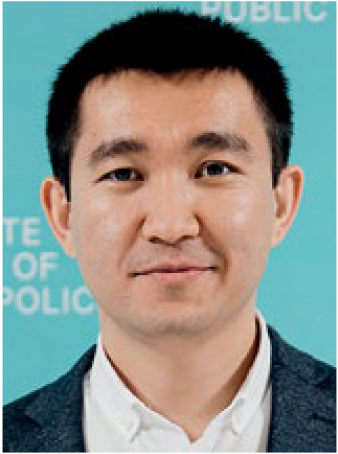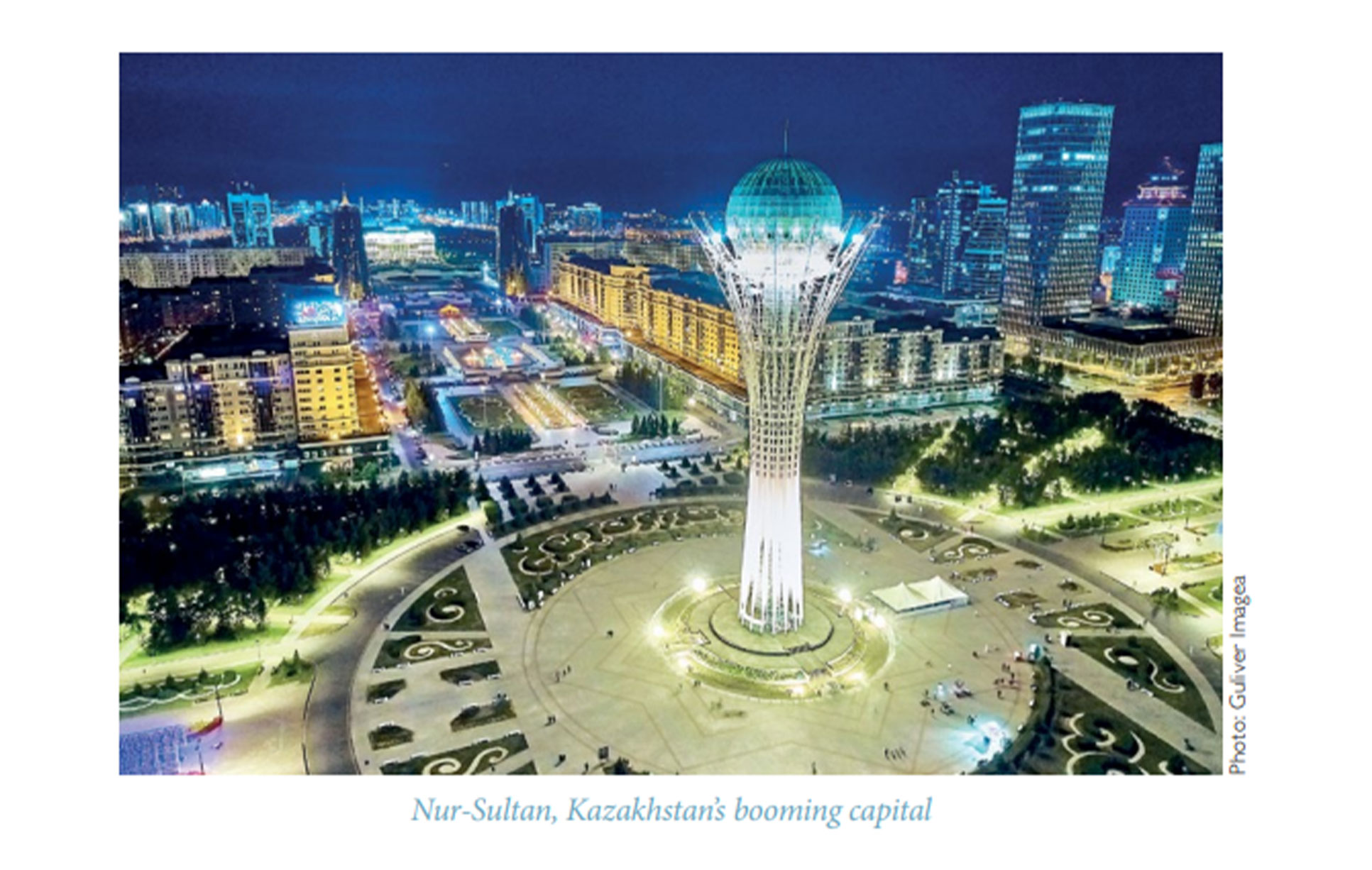 Zhanibek Arynov is an Assistant Professor at the Graduate School of Public Policy at Nazarbayev University in Nur-Sultan, Kazakhstan. He is currently working on a project related to legitimacy and (de)legitimization of international organizations with a specific focus on the Eurasian Economic Union. You may follow him on Twitter @ArynovZhanibek
Zhanibek Arynov is an Assistant Professor at the Graduate School of Public Policy at Nazarbayev University in Nur-Sultan, Kazakhstan. He is currently working on a project related to legitimacy and (de)legitimization of international organizations with a specific focus on the Eurasian Economic Union. You may follow him on Twitter @ArynovZhanibek
The year 2022 can arguably be considered one of the most challenging periods in Kazakhstan’s modern history, both in terms of domestic political turbulence and international geopolitical uncertainty. In January 2022, the country experienced the bloodiest unrest since gaining its independence in 1991, which ended with the intervention of the Russia-led Collective Security Treaty Organization (CSTO), which Moscow labeled a ‘peacekeeping mission.’ Moreover, Russia’s invasion of Ukraine on February 24th, 2022, has put extra pressure on Kazakhstan. On the one hand, Kazakhstan remains one of the very few ‘strategic partners’ for Moscow at this moment in time. On the other, it also feels threatened by Russia’s aggressive attempt to reshape the outcomes created by the collapse of the Soviet Union. The critical situation in which the country found itself made observers question the future of Kazakhstan’s multi-vector foreign policy, arguing that the new geopolitical reality would make Kazakhstan largely dependent on Russia. How is Kazakhstan responding to this new challenge, and what is the future of its multi-vector foreign policy? This essay addresses these questions. It argues that not only have these developments not eliminated Kazakhstan’s “multi-vectorisms,” but have instead made its contours even more visible.

Multi-vectorism Questioned?
The concept of multi-vectorism has always been at the heart of Kazakhstan’s foreign policy. By implementing a multi-vector foreign policy, the country has been able to diversify its external relations and successfully maneuver between different, and often competing, interests of external players for its own benefit. Consequently, despite being a landlocked country with a challenging geopolitical environment, Kazakhstan today has advanced relations with all major powers. However, this multi-vectorism and ability to balance between great powers became severely challenged in 2022.







